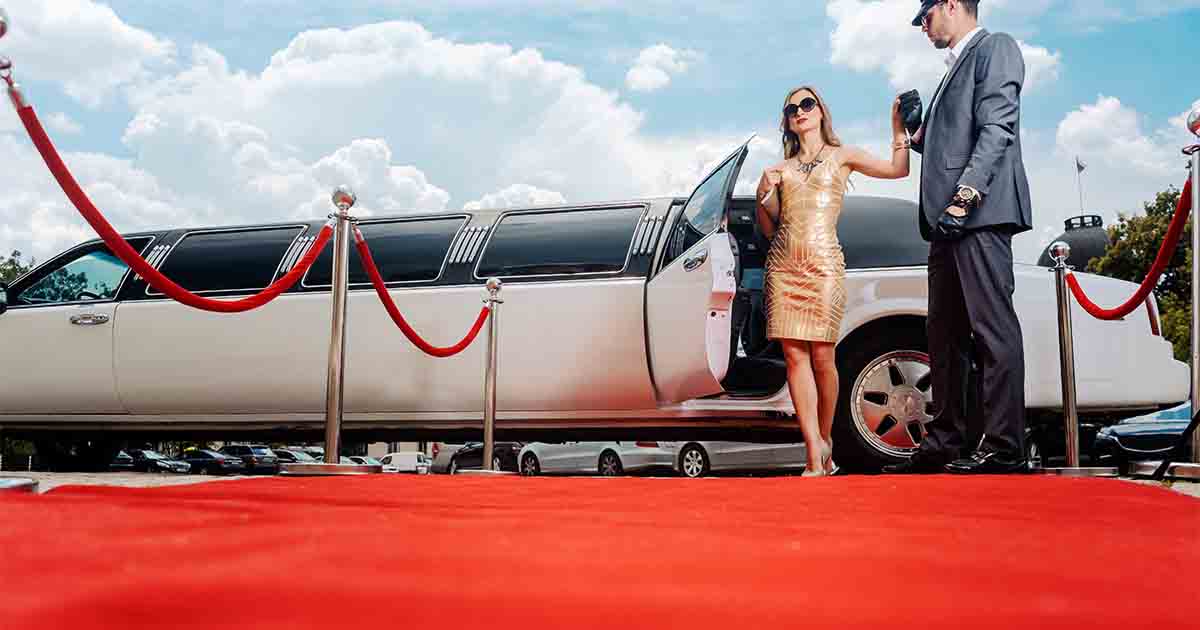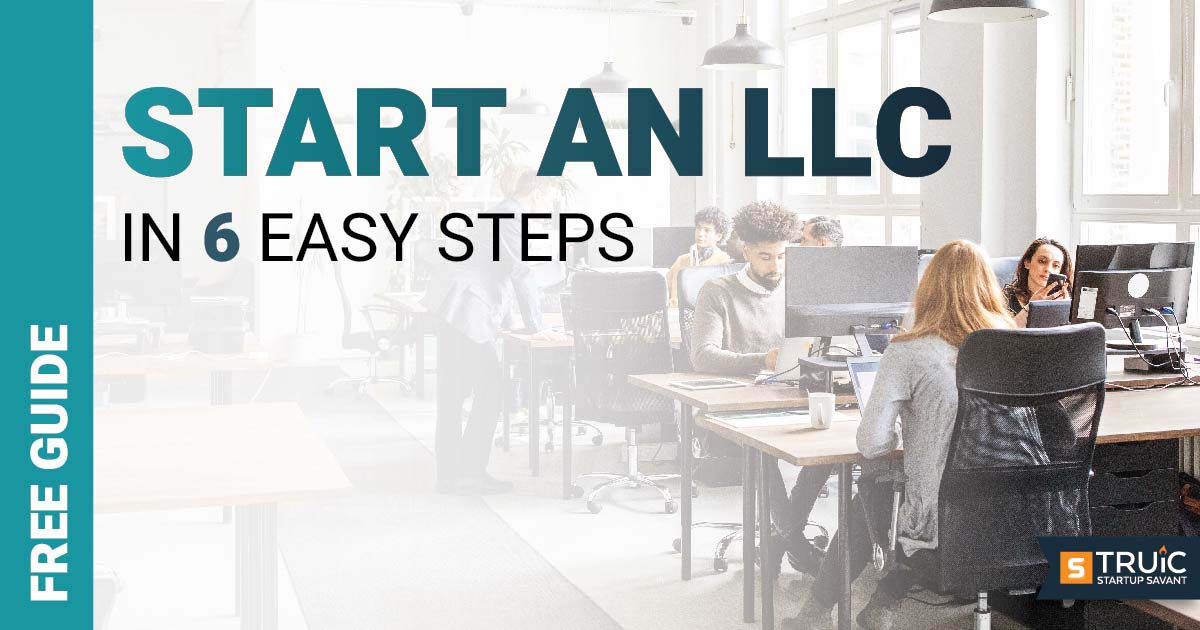We already know the popular examples of big companies using celebrities to greatly boost their awareness like Michael Jordan and Nike, or William Shatner and Priceline but startups can also utilize celebrities to do the same thing.
A tweet from a celebrity could put a startup in front of thousands - even millions of people. Imagine if, instead of a tweet, a celebrity filmed a series of YouTube videos for your startup or wore your brand’s gear to events. It could be the tipping point to catapult a start-up into increased growth.
Before you get carried away fantasizing about your newly formed startup becoming a household name, though, be careful. Celebrity endorsements are meant to be used as a tool to build awareness and increase sales, but it won’t save your company if you don’t already have a good product or service.
There’s no reason for your company to be one of the many doing celebrity endorsements the wrong way. If you can just avoid 3 common mistakes startups make when working with celebrities, an endorsement could be the best thing that’s happened to your startup yet.
Here’s what you want to avoid:
1) Picking the wrong celebrity
Some celebrity endorsements just don’t make sense. An eco-friendly startup doesn’t need the stars of Duck Dynasty as the face of their product.
A tweet from Daniel Tosh probably won’t help a company that boasts their family-oriented values.
It’s more than just obvious mismatches, though.
In marketing, all your efforts need to target your ideal client precisely - and this is especially important in picking a celebrity to work with. You should ask yourself the following questions when considering whether or not the celebrity fits your brand:
Does our ideal client respect this person? Sameer Metha, formerly of 12Society, explains, “You want your celebrity to be an aspirational figure in the communities your company is looking to target — someone who embodies the spirit of your branding.” If your target market wants to be like the celebrity, they’ll listen when he or she tells them that your brand is awesome.
Do this person’s values line up with our company’s message? Don’t sacrifice the integrity of your brand just to land a big name. If they aren’t an organic fit to your company, and if they aren’t already positioning and marketing themselves with the same message you’re sending to your audience, they aren’t your ideal spokesperson.
Is this person going to be authentic and committed to the endorsement? Your endorsement falls flat if the celebrity isn’t authentic. A tweet from a big name saying, “ABC Tech is my favorite startup in San Francisco” loses all its power if two days later the same big name is saying “DEF Tech is my favorite startup in San Francisco.”
If you avoid picking a bad fit for your brand, you’re already doing great. There’s some other traps to startups that you’ll need to watch out for, though.
2) Relying solely on an endorsement to grow your startup
Getting a celebrity to endorse your product doesn’t change the normal rules of business and marketing.
“If your product isn’t amazing having a celebrity endorsement isn’t going to make it so,” VC Mark Suster remarks about endorsement deals. “It’s going to get you some press buzz - sure. For 5 minutes. But customers will come to your website, realize your product isn’t amazing and will leave.”
Celebrity support can’t be your only marketing plan, either. It’s still important for your brand to be creating its own voice and building a following of its own. If you’re relying completely on the fame of someone else, you’re putting high stakes on a relatively temporary condition.
Endorsements aren’t magic, and if you’re looking for to a celebrity for a miracle, you’re looking in the wrong place. There’s no substitute for a good product and solid marketing plan.
3) Giving equity to a celebrity
Startups are a massive commitment which require a lot of planning and preparation. Giving equity to someone who doesn’t have the required level of commitment can deal a serious blow to your company.
When someone has a successful career - like movie stars, artists, and anyone whose fame could benefit your brand - they don’t need equity in your startup in order to continue living their lifestyle.
And when things get difficult (and they always get difficult when launching a company) an uncommitted celebrity who doesn’t have a real stake in the game will move on to the next thing.
Suster points out, “Like many companies that launch an MVP product, you may eventually find your way and build a great product. But by then the celeb will be on to their next opportunity and you will be out some equity. They simply don’t get product / market fit and aren’t patient to stick around and help you find it.”
And when they leave, where does that leave you?
Sitting on a smaller percentage of a startup without any real benefit from the celebrity to whom you gave equity.
Stars who make great business partners exist, but unless you find a celebrity who’s all in, like Jessica Alba with Honest Co or Ashton Kutcher with his investments, it’s better to just pay a celebrity cash for their endorsement.
This startup is your life (at least right now), and you don’t want people less invested than yourself as owners.
Avoiding mistakes and making good deals
Your focus still needs to be creating a fantastic product and building a marketing strategy to grow your sales.
Be smart, only let committed celebrities get in on your business, and remember, this is just one part of your strategy for growing your startup. It shouldn’t make or break your business.
If you do it right, though, hiring a celebrity might just be the best thing you’ve done for your startup yet.
 Billy Bones is Marketing Director at Booking Agent Info, a celebrity contact information database that provides start-ups with the contact information for the official agents, managers, and publicists of celebrities.
Billy Bones is Marketing Director at Booking Agent Info, a celebrity contact information database that provides start-ups with the contact information for the official agents, managers, and publicists of celebrities.
Image credit: Talladega Nights, Ricky Bobby



